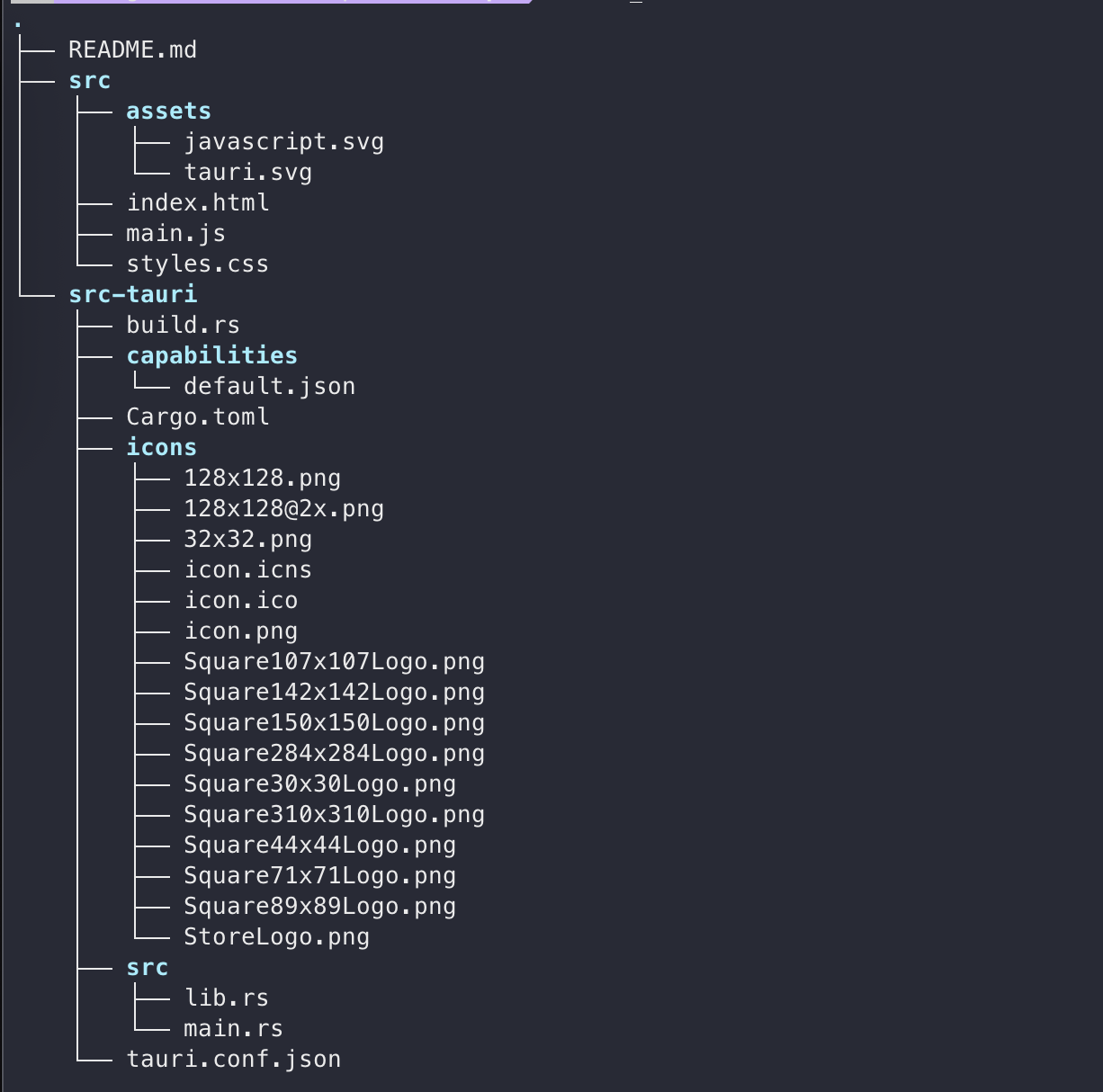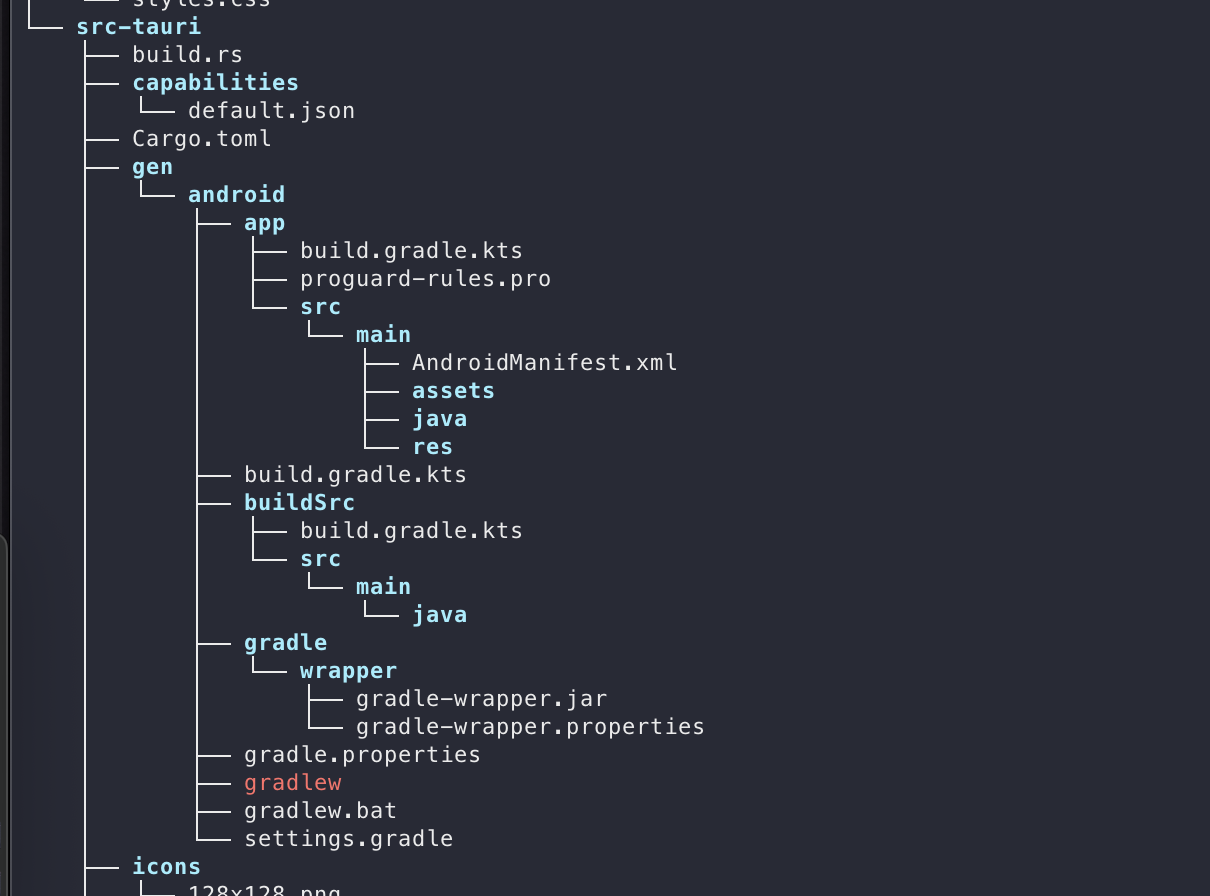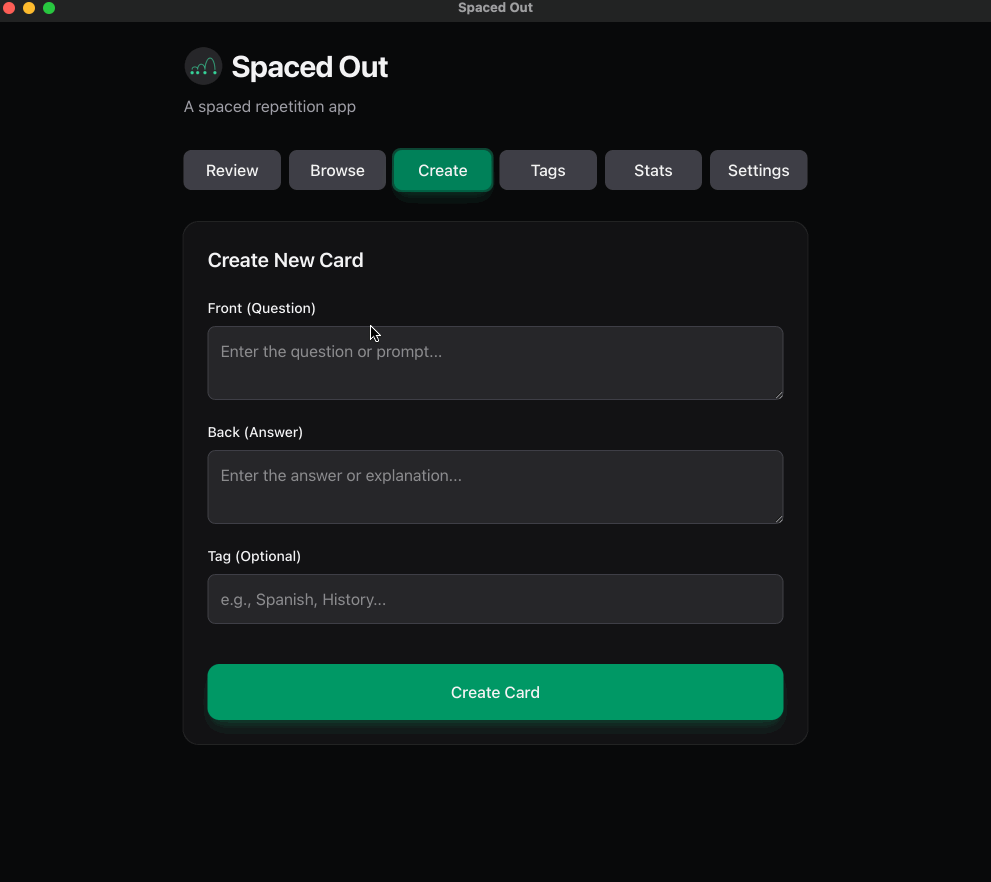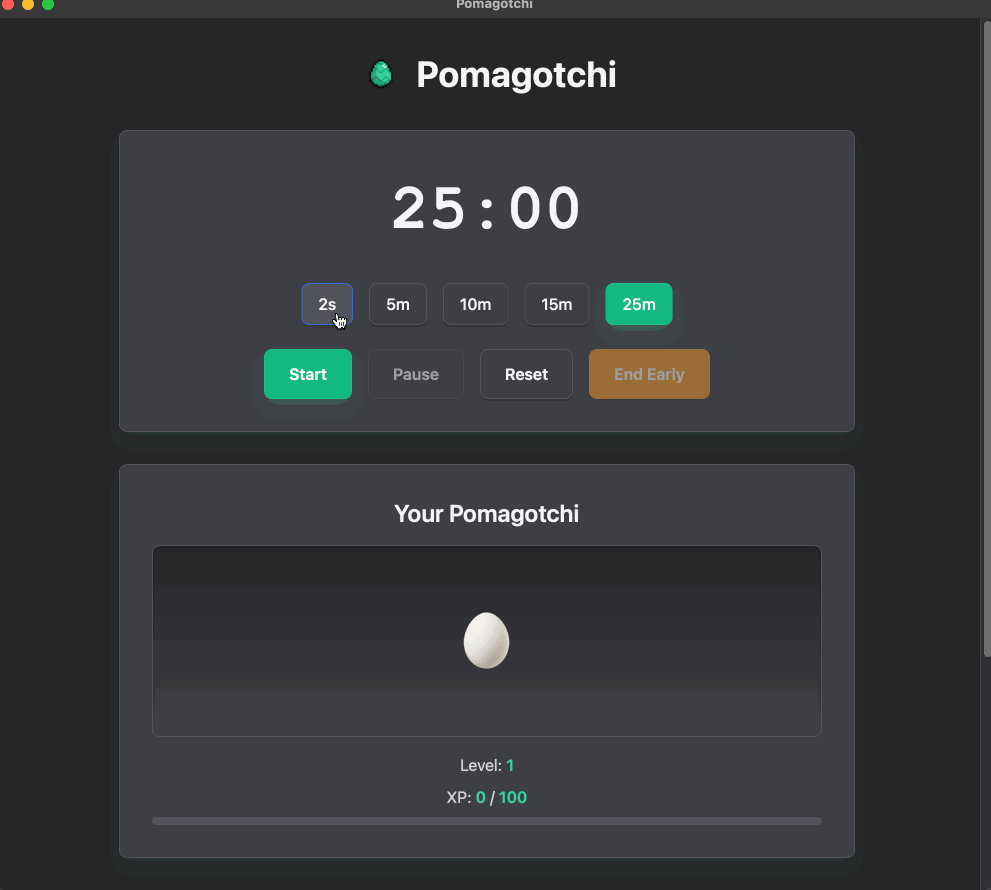Making Mobile Apps at the Speed of Thought with Tauri
What is Tauri?
Tauri lets you create cross-platform applications with web technologies and Rust. With it, you can quickly deploy apps to desktop and mobile platforms.
This weekend I made 2 mobile apps. Are they good? Well, they’re simple. Do they work? 100%. Can I improve on them? Absolutely. But I wanted to see how quickly I could get something up and running, and Tauri made it easy.
Getting Started
The easiest way to get started is to use cargo create-tauri-app and follow the prompts. You’re going to get set up with a Rust backend and one of a few frontend choices. You can accept all the defaults and use vanilla HTML/CSS/JS with:
# Set up the project
cargo create-tauri-app -t vanilla -y your_app && cd your_app
# Run the app on desktop
cargo tauri dev
From here, you’ll be building your backend inside src-tauri/src/ and your frontend inside the src directory. Tauri will handle the bundling and communication between the two through the use of commands. Functions in Rust can have the macro #[tauri::command] applied to them, and JavaScript can call these commands using the invoke function provided by Tauri.

The full project structure made by create-tauri-app looks like:

Android Support
To take it one step further, setting up Android support is one more command:
cargo tauri android init
This will create everything under src-tauri/gen/android, which will be everything you need to build your Android app and either run in an emulator or push to your device over USB.

Icons
If you have an icon for your app and you want to generate all the different sizes needed, you can run cargo tauri icon ./your_icon.png. Ideally, this image would be the same size as the largest icon you need, and Tauri will generate all the smaller sizes for you. You’ll find these icons in the src-tauri/icons directory.
My Setup
Justfile
# List available commands
default:
@just --list
# Run Tauri development server
dev:
cargo tauri dev
# Run Tauri Android development
android:
cargo tauri android dev
# Clean existing android structure in case names or package changed
android-clean:
rm -rf src-tauri/gen/android
# Build and run Tauri in release mode (desktop)
run:
cargo tauri build --no-bundle && ./src-tauri/target/release/app
# Build and run Tauri Android in release mode
apk:
# or --apk for production
cargo tauri android build --debug
# Deploy debug build to android phone over USB
apk-install:
adb install -r src-tauri/gen/android/app/build/outputs/apk/universal/debug/app-universal-debug.apk
# Build and Deploy debug build to android phone over USB
debug:
cargo tauri android build --debug
adb install -r src-tauri/gen/android/app/build/outputs/apk/universal/debug/app-universal-debug.apk
# Run tests
test:
# This project will be in src-tauri/Cargo.toml under [package]
cargo test -p app
# Coverage
cov:
cargo llvm-cov --html --open -p app
# Icon generation for all platforms
icon:
cargo tauri icon ./icon.png
Then I can:
# Push a new build
just dev
# Run the app in an Android emulator
just android
# Push to my phone over USB
just debug
.vscode/settings.json
For a better development experience allowing rust-analyzer to work with the src-tauri directory, I configure:
{
"rust-analyzer.linkedProjects": [
"./src-tauri/Cargo.toml",
],
"rust-analyzer.workspace.symbol.search.scope": "workspace_and_dependencies",
"rust-analyzer.cargo.buildScripts.enable": true,
"rust-analyzer.procMacro.enable": true,
"files.watcherExclude": {
"**/target/**": true
},
"search.exclude": {
"**/target": true,
"**/Cargo.lock": true
},
"files.associations": {
"*.toml": "toml"
}
}
src-tauri/tauri.conf.json
Some window settings I have configured that make sense for my apps:
...
"app": {
"withGlobalTauri": true,
"windows": [
{
"title": "your_app",
"width": 1000,
"height": 900,
"minWidth": 400,
"minHeight": 600,
"resizable": true,
"fullscreen": false,
"visible": true,
"transparent": false,
"decorations": true,
"alwaysOnTop": false,
"skipTaskbar": false,
"center": true
}
],
...
root Cargo.toml
So I can: cargo test -p app or just test:
[workspace]
members = ["src-tauri"]
resolver = "2"
Idea 1: Spaced Repetition App
cargo create-tauri-app -t vanilla -y spaced_out && cd spaced_out
and a few hours later…

Idea 2: Pomodoro meets Tamagotchi
cargo create-tauri-app -t vanilla -y pomagotchi && cd pomagotchi
and an hour later…

Wrapping Up
- Tauri is pretty intuitive and easy to work with!
- It’s a game changer to go from developing to running on a phone in less than a minute.
- Developing for the phone opens up a lot of possibilities for apps that I would never have considered before.
It was a productive weekend, and I’m looking forward to adding some more features to these apps soon!
